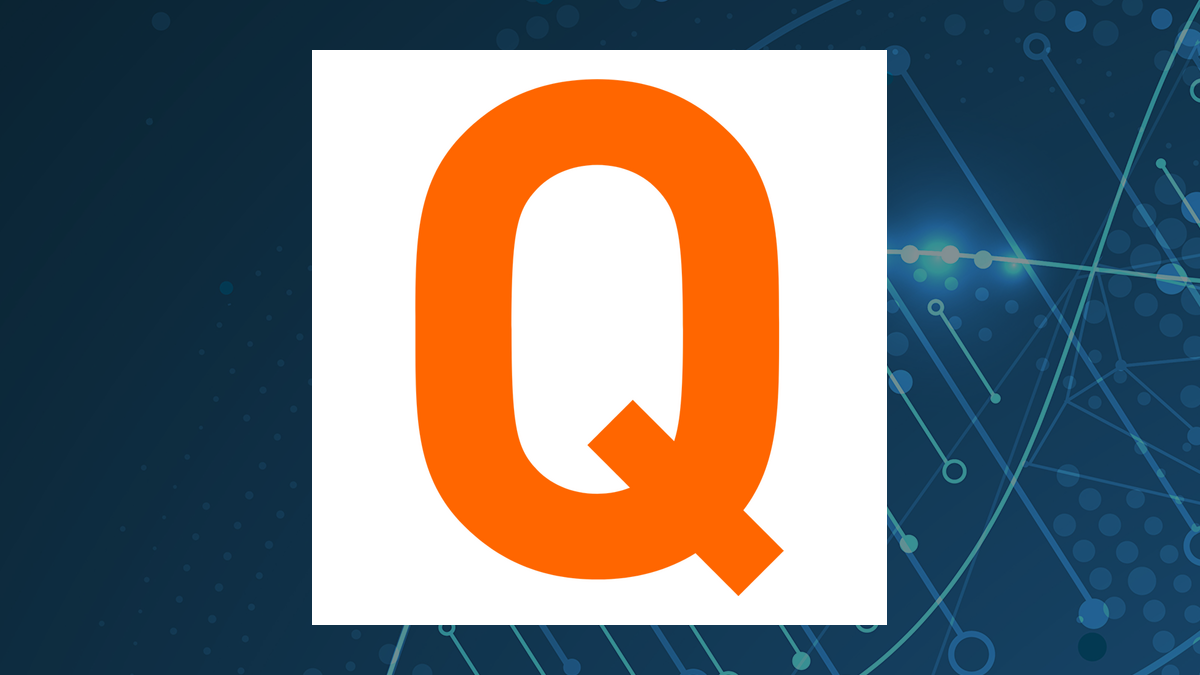
On November 21, 2024, uniQure N.V. released information regarding the dosing of the initial patient in the Phase I/IIa clinical trial of AMT-260 for treating refractory mesial temporal lobe epilepsy. This clinical trial marks a significant step for the company in addressing severe medical needs.
AMT-260, being evaluated in the GenTLE trial, consists of an AAV9 vector delivering two engineered miRNAs targeting the reduction of GluK2 protein subunits. These subunits, believed to be overexpressed in the hippocampus of individuals with refractory mesial temporal lobe epilepsy, are thought to trigger seizure activity.
In preclinical studies, AMT-260 demonstrated a dose-dependent reduction in daily seizures in animal models. Additionally, it decreased GluK2 mRNA and protein expression in the hippocampus of epileptic mice and patient samples obtained from resected hippocampal slices.
GenTLE is an ongoing Phase I/IIa trial in the U.S., aimed at evaluating the safety, tolerability, and potential efficacy of AMT-260 in individuals with refractory mesial temporal lobe epilepsy. The study includes two dose cohorts, with active recruitment at 10 sites and plans to activate two additional sites before the end of 2024.
Refractory mesial temporal lobe epilepsy affects a substantial number of individuals in the United States, with a majority being unresponsive to anti-seizure medications, thus limiting treatment options.
uniQure, renowned for its gene therapy advancements, aims to develop innovative cures with recent successes like the approval of a gene therapy for hemophilia B. Leveraging its technology, the company is exploring treatments for Huntington’s disease, amyotrophic lateral sclerosis (ALS), Fabry disease, and other severe conditions.
While looking ahead, the company emphasizes that forward-looking statements within this release are subject to risks and uncertainties, as detailed in their periodic filings with the U.S. Securities & Exchange Commission. uniQure remains dedicated to advancing transformative therapies that can redefine the future of medicine.
For further information or inquiries, please visit www.uniQure.com.
The 8-K filing also included Exhibit 99.1, containing detailed information on the dosing of the first patient in the GenTLE Phase I/IIa clinical trial of AMT-260 for refractory mesial temporal lobe epilepsy.
This article was generated by an automated content engine and was reviewed by a human editor prior to publication. For additional information, read uniQure’s 8K filing here.
uniQure Company Profile
uniQure N.V. develops treatments for patients suffering from rare and other devastating diseases. It offers HEMGENIX that has completed Phase III HOPE-B pivotal trial for the treatment of hemophilia B. The company also develops AMT-130, a gene therapy that is in Phase I/II clinical study for the treatment of Huntington's disease.
Further Reading
- Five stocks we like better than uniQure
- Comparing and Trading High PE Ratio Stocks
- Why Palo Alto Networks’ Multi-Year Uptrend is Far From Over
- 3 Stocks to Protect Your Portfolio from the Coronavirus Contagion
- 3 Rock-Solid Buying Opportunities in the Market Right Now
- What Are Dividend Achievers? An Introduction
- TJX Companies Stock Poised to Hit a New High This Year
